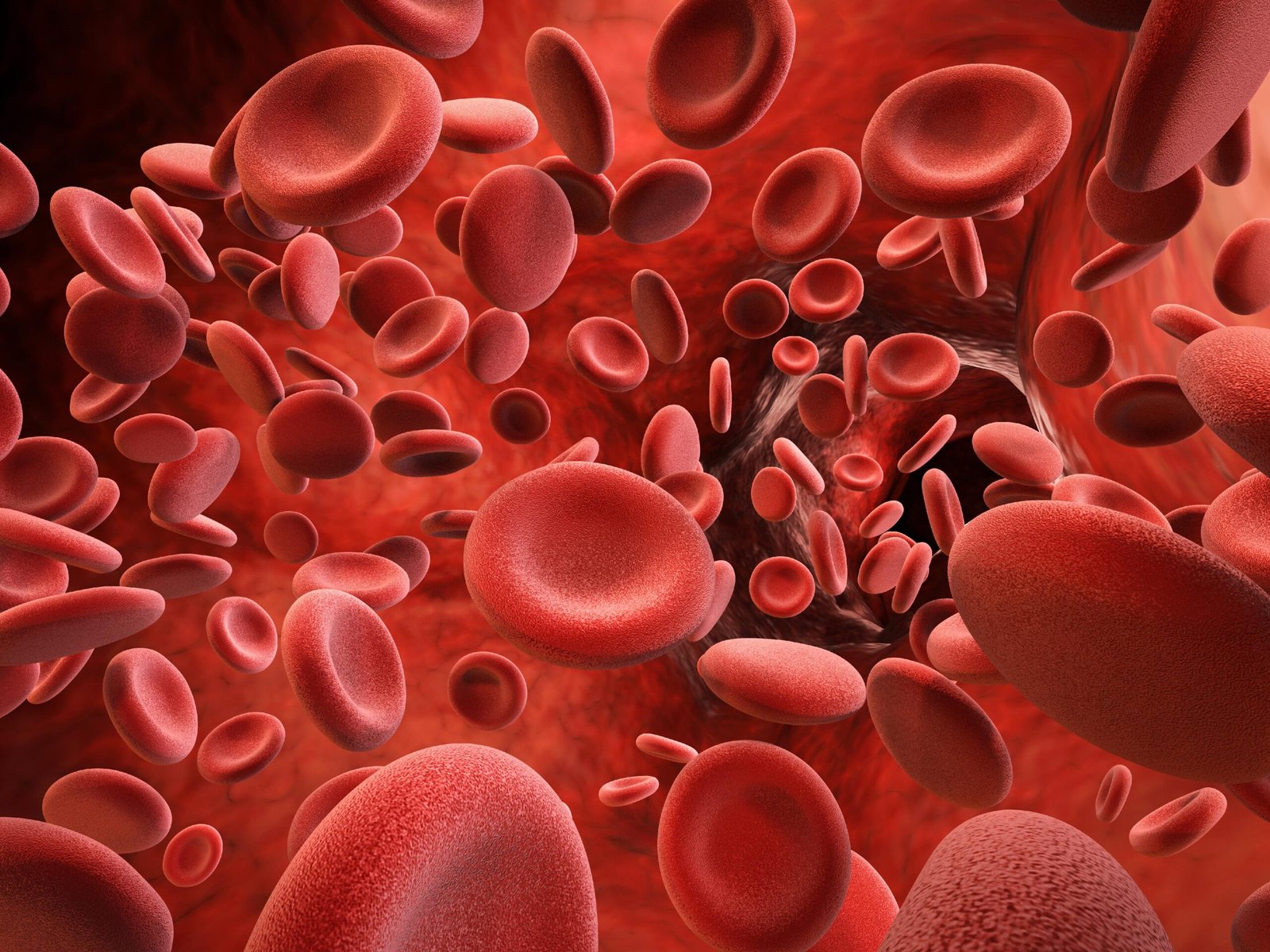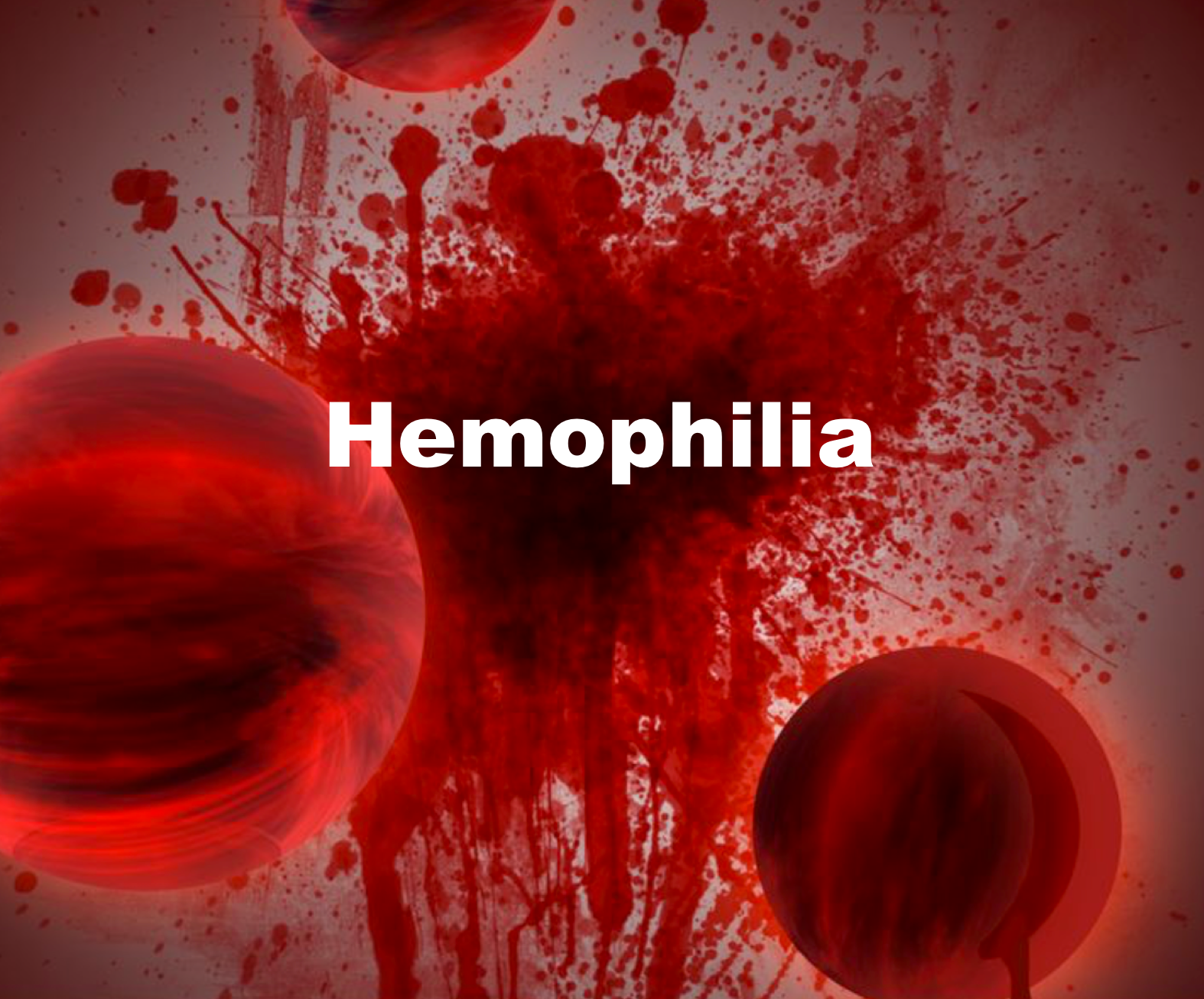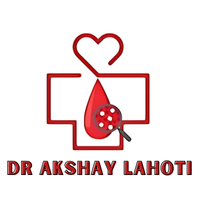Hemophilia Treatment in Indore by Best Hematologist Doctor at Medicare Hospital

What is Hemophilia?
If you’re searching for Hemophilia treatment in Indore, it’s important to understand the condition first. Hemophilia is a genetic disorder that makes it difficult for blood to clot properly. Normally, clotting factors—special proteins in the blood—help stop bleeding after an injury. People with hemophilia don’t have enough of these proteins, which can lead to excessive or prolonged bleeding.
The condition primarily affects boys and often runs in families. While girls may carry the gene, they usually don’t show symptoms.
For accurate diagnosis and effective care, consult Dr. Akshay Lahoti, a leading hematologist at Medicare Hospital, offering specialized Hemophilia treatment in Indore.
Symptoms of Hemophilia
The symptoms of hemophilia depend on how disease is serious. Some people might not know they have it until later in life, here are some common symptoms:
Bruising easily
You might get large bruises even from small bumps.
Bleeding for a long time
Cuts can take much more time to stop bleeding.
Joint pain
If you hurt your knee or elbow, you might have swelling and pain because of bleeding inside the joint.
Blood in pee or poop
This can happen if there’s bleeding inside your body.
Causes of Hemophilia
Hemophilia is caused by a problem with the genes you inherit from your parents. It’s passed down through families. The problem is with gene that helps to make the clotting in the blood. If someone in your family has hemophilia, you are more likely to have it too.
In very rare cases, a person can develop hemophilia even if no one in their family has it. This happens when the body starts attacking the clotting factors on its own.
Types of Hemophilia
Hemophilia A: This is the more common type of hemophilia. It occurs when the blood does not contain sufficient clot Factor VIII. This affects around 8 out of every 10 patients with hemophilia.
Hemophilia B: This variety is less prevalent and results from a lack of Factor IX. It is often referred to as “Christmas Disease,” after the first patient diagnosed with the disease. If you think someone has hemophilia, visiting the best hematologist doctor in Indore.
Is Hemophilia Common?
Hemophilia is rare. Hemophilia A affects around 1 in every 5,000 males born, while Hemophilia B affects approximately 1 in every 25,000 boys born. It mostly affects boys, but girls can carry the gene that causes hemophilia and pass it on to their children.
In India, approximately 50,000 people have hemophilia, yet many instances go undetected. If you or a family member has unusual bleeding, it’s essential to see a blood cancer doctor in Indore to check for hemophilia or other blood disorders.
If hemophilia isn’t treated, it can be a serious problem
- Joint Damage: Bleeding inside joints, like knees or elbows, can cause swelling and pain. If this happens often, it can damage the joints, causing long-term pain.
- Bleeding in the Brain: A hit to the head can cause bleeding inside the brain, which is very dangerous and can even be life-threatening.
- Infections: Before better testing methods, people with hemophilia who needed blood transfusions were at risk of getting infections like HIV. Currently, blood is carefully analyzed to ensure its safety.

Treatment for Hemophilia
Even though there is no cure for hemophilia, doctors can help manage the disease with different treatments to prevent or stop bleeding episodes.
- Replacement Therapy: This is the most common treatment. It involves giving patients the missing clotting factors (Factor VIII for Hemophilia A or Factor IX for Hemophilia B). These clotting factors are administered through a drip (like an IV) into a vein.
- Medicines: People with mild Hemophilia A might be given a medicine called Desmopressin (DDAVP) that helps their body release more Factor VIII.
- Gene Therapy: Scientists are working on ways to fix the problem in the genes that cause hemophilia. While still in testing, gene therapy could one day cure hemophilia
Hemophilia A vs. Hemophilia B
- Hemophilia A and B develop by a lack of Factor VIII and IX in the blood, respectively.
- Hemophilia A is common, making up about 80-85% of all. Hemophilia B makes up about 15-20%.
Both types are treated with clotting factor replacement therapy, but the treatment depends on which type of hemophilia a person has.
It’s important to find out which type of hemophilia a person has so that the right treatment can be given. For expert help, visiting the best hematologist doctor in Indore Dr Akshay Lahoti at Medicare Hospital is highly recommended.
Hemophilia is rare but serious disease where the blood doesn’t clot properly. Though there’s no cure, the disease can be managed with treatments that replace the missing clotting factors.
Frequently Asked Questions
The most typical treatment is replacement therapy, in which doctors administer the missing clotting factor via an IV to aid blood clotting.
Doctors Akshay Lahoti, a blood cancer doctor in Indore, specialize in treating blood disorders like hemophilia.
Joint damage from bleeding inside the joints
Internal bleeding that can be life-threatening
Infections from blood transfusions, although this risk is much lower today
It’s important to see a hematologist doctor in Indore to prevent these complications.
There is no cure for hemophilia right now, but doctors can help manage the disease. Treatments such as replacement treatment allow patients with hemophilia to live regular lives. For the best treatment options, it’s important to consult a hematologist in Indore at Palasia Dr Akshay Lahoti
No, hemophilia is rare. Hemophilia A affects approximately one in every 5,000 boys born, whereas Hemophilia B is much less prevalent. If someone in your family has the disease, it’s important to get checked by a specialist like a hematologist doctor at Palasia or Medicare Hospital.
Hemophilia is a disease that makes it difficult for your blood to stop bleeding after an injury. This happens because the body doesn’t have enough proteins, called clotting factors, that help the blood clot. If you or someone you know has hemophilia, it’s important to seek advice from the best hematologist doctor in Indore to ensure proper diagnosis and treatment.
